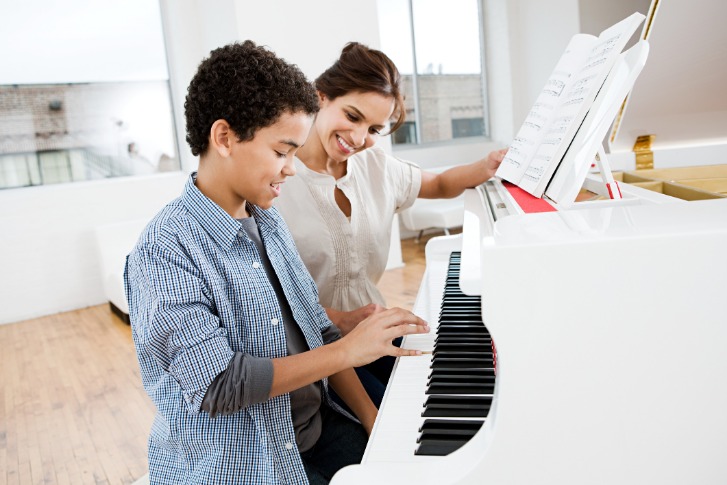Read more about Piano lessons for Autism here.
Music has long been known to have a profound impact on human emotions and cognitive functions. For children and adults with autism, piano lessons offer an exceptional and engaging way to unleash potential and improve quality of life.
Benefits of Piano Lessons for Autism
Incorporating piano lessons for autism can bring a myriad of benefits:
- Improved Motor Skills: Playing the piano involves precise finger movements, which help enhance motor skills and hand-eye coordination.
- Enhanced Social Interaction: Engaging in music lessons creates opportunities for social interaction with teachers and peers, fostering improved social skills.
- Heightened Emotional Expression: Music serves as a safe outlet for expressing emotions and can help in regulating moods.
- Increased Focus and Concentration: Regular practice aids in lengthening attention span and improving focus.
- Boosted Self-Esteem: Mastering a musical piece provides a sense of accomplishment and builds self-confidence.
Choosing the Right Piano Teacher
Selecting the right piano teacher is crucial for the success of the lessons. Here are some qualities to consider:
- Patience: A teacher who is patient can make a significant difference in learning outcomes.
- Experience with Autism: Opt for teachers who have experience working with individuals on the autism spectrum.
- Creativity: A creative approach can make lessons more engaging and effective.
- Flexibility: Teachers should be flexible in their teaching methods to adapt to the unique needs of each student.
FAQs about Piano Lessons for Autism
Is there an ideal starting age for piano lessons for those with autism?
There is no one-size-fits-all answer, but research suggests that children as young as 4-5 years old can benefit from piano lessons. However, it’s important to assess each child’s readiness on an individual basis.
Can non-verbal children with autism benefit from piano lessons?
Absolutely. Music is a universal language, and non-verbal children often find it easier to connect and express themselves through piano lessons.
How frequently should piano lessons be scheduled?
Consistency is key. Weekly lessons, combined with regular practice at home, are often recommended to see noticeable progress.
Are there any specific types of pianos that are best for beginners with autism?
Starting with a digital piano can be advantageous as it allows for volume control and headphone use, minimizing sensory overload. However, an acoustic piano also offers tactile benefits and should not be ruled out.
Conclusion
Incorporating piano lessons for autism into a therapeutic regimen can significantly enhance life skills and emotional well-being. By choosing the right teacher and creating a supportive learning environment, piano lessons can break barriers and foster growth for individuals on the autism spectrum.

Leave a Reply